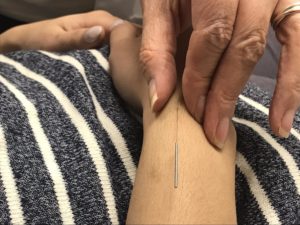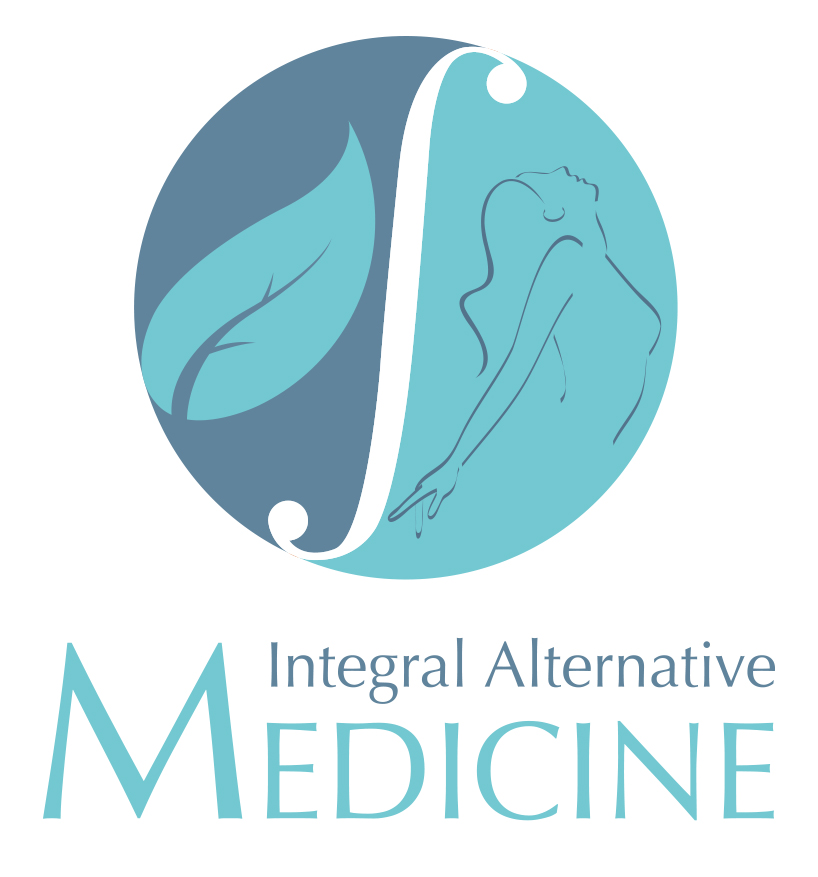
According to statistics at World Health Rankings, women’s life expectancy is 81.6 years (ranges between 74 and 84 depending on the state you live in). Menopause typically onsets at about 50. Theoretically, this means that the average woman should have more than 30 years of living after menopause!.
Women stress about these changes and are constantly looking for ways to beat the biological clock. It is time to shift our way of thinking and gracefully accept that menopause is a natural physiological process.
The first step is to educate ourselves about what to expect so we can be prepared to handle these changes. The climacteric phase or perimenopausal stage marks the beginning of the transition from reproductive years to non-reproductive years. Women are born with a fixed number of eggs stored within ovaries and are shed during each menstrual period.The hormones used to maintain this cycle are mainly estrogen and progesterone. Subsequently, as women age, the number of eggs and these hormones steadily decline. The severity of menopause symptoms can be attributed to the fluctuating hormone levels but can also be affected by lifestyle and dietary habits throughout a woman’s life prior to 50. Furthermore, it is important to note that 45-85% of women may experience any of these symptoms up to 5-10 years after hormone levels have decreased.
Eastern vs. Western Medicine

Western medicine practitioners contribute symptoms to be directly related to hormone imbalances. In addition to that, Traditional Chinese Medicine (TCM) practitioners believe these symptoms to be a result of systemic imbalances in combination with the body’s way of dealing with the natural aging process of menopause. Therefore, each woman’s experience is different depending on the systems affected.
Common symptoms include:
- Hot flashes
- Headaches
- Lethargy
- Irritability
- Anxiety
- Depression
- Insomnia
- Night Sweats
- Vaginal dryness
TCM considers the menopausal symptoms as indications that the Kidney energy is waning, termed as Kidney Yin Deficiency. Additional symptoms can include presentations of Kidney Yin Deficiency such as soreness and weakness of the lumbar regions and knees, dizziness, ringing in the ears, hearing problems, a dry mouth and throat, a hot sensation in the palms, soles of the feet, and chest and spontaneous sweating. We address both Kidney Yin Deficiency (the “root”) and the symptoms with acupuncture and Chinese herbs to tonify Kidney and clear heat.
Kidney deficiency is recognized in the clinic when the above-mentioned heat symptoms appear, which is characterized as “Empty heat” or “Heat from Deficiency” Empty heat can lead to insomnia, hot flashes, menopausal syndrome and anxiety disorders.
Symptom Relief
Current Western medicine treatments for menopause symptoms include hormone replacement therapy (HRT), which reduces vasomotor symptoms such as hot flashes by 20-30%. However, HRT comes with concerning side effects such as increased rates of heart attack, stroke, and breast cancer (1).
As a result, there have been several studies supporting alternative modalities in the treatment of the menopausal symptoms. Randomized control trials in the U.S., Norway, and parts of China have proven Traditional Chinese Medicine methods such acupuncture to result in as much as a 50% reduction in some of these symptoms with an average of 10-12 treatments over a 3-month period. (1,2,4)
The acupuncture points I use in my treatments target the Kidney and Heart meridians to alleviate these common distressing symptoms.
Fig 1 Fig 2 Fig 3 Fig 4




Fig. 1: Lung 7 and Kidney 6 combined to regulate the Conception Vessel (Ren), regulates the uterus and nourish Kidney yin, supports sleep.
Fig. 2: SP 6 benefits Kidney, reduces night sweats and helps sleep.
To clear heat and support sleep, I may use other points such as:
Fig. 3: Large Intestine 11 or 4
Fig: 4: Liver 3 – spreads Liver Qi, helps with moodiness, headaches and blood pressure (in combination with other points)
Heart acupoints – if insomnia is the main problem
Therefore, fear not. Approaching the age of 50 does not have to be a dreaded process. We don’t have to fit the stereotype of a woman with raging hormones, having no control of her emotions or internal temperature gauge. The comprehensive components of TCM include lifestyle advice, acupuncture, and Chinese herbs. Each patient’s treatment is unique and personalized based on the systemic imbalances. Given this information, we now have the knowledge and the tools to take the appropriate steps to ease into this transition and let this milestone be an exciting new phase of life!

Stay tuned for future posts…..
“Just remember, once you’re over the hill you begin to pick up speed.” —Charles Schulz
Discussion Question: What are some of your fears for approaching menopause?

Bibliography
- Borud EK, Alraek T, White A, Fonnebo V, Grimsgaard S. The effect of TCM acupuncture on hot flushes among menopausal women (ACUFLASH) study: a study protocol of an ongoing multi-centre randomised controlled clinical trial. BMC Complement Altern Med. 2007 Feb 26;7:6. PubMed PMID: 17324253; PubMed Central PMCID: PMC1819392.
- Fu C, Zhao N, Liu Z, Yuan LH, Xie C, Yang WJ, Yu XT, Yu H, Chen YF. Acupuncture Improves Peri-menopausal Insomnia: A Randomized Controlled Trial. Sleep. 2017 Nov 1;40(11). doi: 10.1093/sleep/zsx153. PubMed PMID: 29029258.
- Maciocia, Giovanni. “Obstetrics and Gynecology in CM.” (2011): 740-741.
- Venzke L, Calvert JF Jr, Gilbertson B. A randomized trial of acupuncture for vasomotor symptoms in post-menopausal women.Complement Ther Med. 2010 Apr;18(2):59-66. doi: 10.1016/j.ctim.2010.02.002. Epub 2010 Mar 23. PubMed PMID: 20430288.


